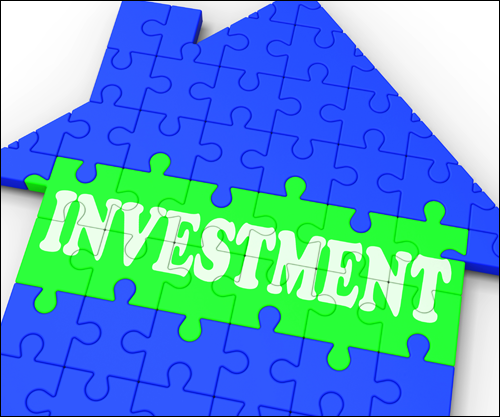| Newer Post | home | Older Post |
The Financial Benefits of Keeping Your First Home |
|
 Many people who bought their first home when home prices peaked between 2005 and 2008 have had difficulty selling their homes without taking a financial hit. It was, after all, during those same years that 100% financing was all the range – and some lenders were even making loans for more than the purchase price at the time. Understandably, when home values declined in the years that followed, many of those first time buyers with high loan-to-value mortgages did not have enough equity to sell when they were otherwise ready to move on to a second home. Some of these first time buyers opted to keep their first home as a rental property to avoid the pain of the financial hit of selling when they were under water. For many such people, keeping their first home will be a decision they will cherish in years to come. Let's imagine for a moment that you purchased a $160,000 townhouse in the City of Harrisonburg on January 1, 2005 and financed 100% of the purchase price – that results in a $973 monthly mortgage payment. You stayed in the townhouse for seven years, and then (in 2012) either had to move out of the area for a new job, or needed to purchase a new home for your growing family. Facing a tough townhouse sales market, you felt forced to keep the townhouse. You start off, in 2012, renting your townhouse for $850 per month, leaving you still footing a part of the monthly payment ($123/month) but as the years progress, your mortgage payment stays constant, and your rental income grows as rental rates slowly increase. Life is busy, and before you know it, the kids have grown up and headed off to college, and in 2034 you send in your last mortgage payment on that first home you ever purchased. You pause, looking back, to reflect on the 30 years that you have owned that townhouse, and decide to check to see how much you contributed towards paying down that mortgage, and how much help you received from your tenants. Shockingly, in that 30 year period, a total of $350,280 was paid to your mortgage company – but you only had to pay $79,380 --- your tenants over the years paid 77% of the total mortgage costs over the 30 year period. Never have you been so grateful for your tenants. There are, of course, some extra expenses over the years, and to be fair we must consider those. Increases in taxes and insurance will likely cost you around $7K (+1% per year), we'll estimate maintenance costs a $15K, vacancy (1 month / 2 years) would cost you $11K, and hiring a property manager (after you are 15 years in) would cost around $14K. Despite the $47K of extra expenses above, there are also some fantastic upsides to this accidental ownership of an investment property. The $149K of interest that you (and your tenants) paid during the life of the loan is tax deductible, thus $149K of your income has been sheltered, which (with a 25% tax bracket) provides $37K of extra income. Eventually, property values will start increasing again. If your property increases an average of 1% per year since the time that you became a landlord for the property (quite a conservative estimate!), the appreciation would add up to $39K of extra income. While your head is starting to hurt from all of these calculations, you are determined to come to a final conclusion about whether it was a wonderful or terrible decision to keep that first home. Delightfully, you will discover that after investing $0 in 2005 to purchase your townhouse, you have had a cumulative $230,000 gain over those 30 years, thanks to your simple decision to keep your first home. For all the details of this fictional scenario, click here. Recent Articles:
| |
| Newer Post | home | Older Post |
Scott Rogers
Funkhouser Real
Estate Group
540-578-0102
scott@funkhousergroup.com
Licensed in the
Commonwealth of Virginia
Home Search
Housing Market Report
Harrisonburg Townhouses
Walk Through This Home
Investment Properties
Harrisonburg Foreclosures
Property Transfers
New Listings

